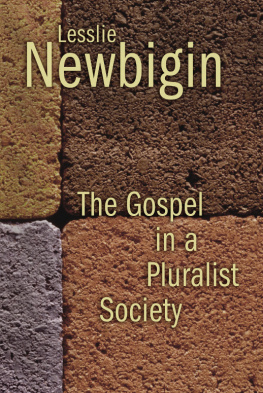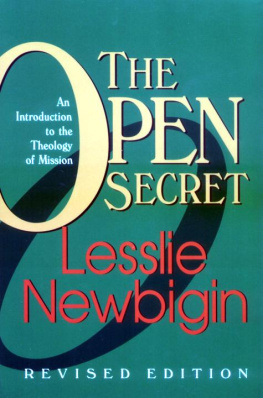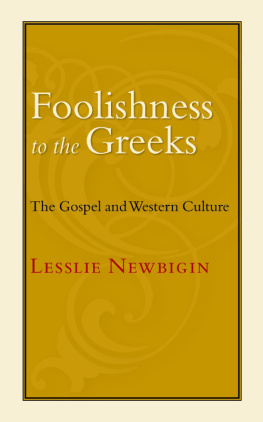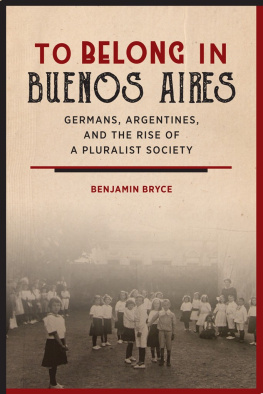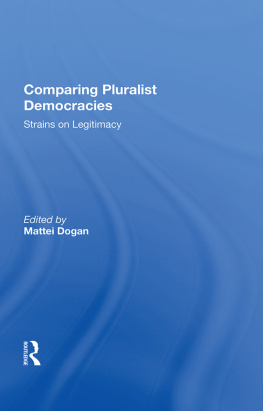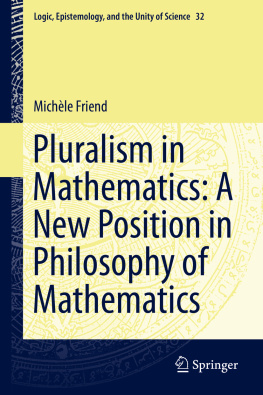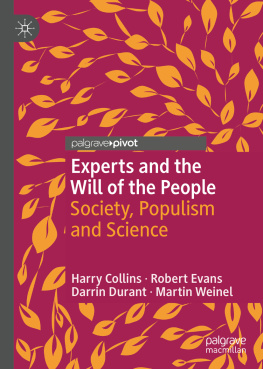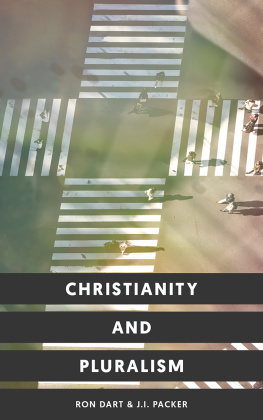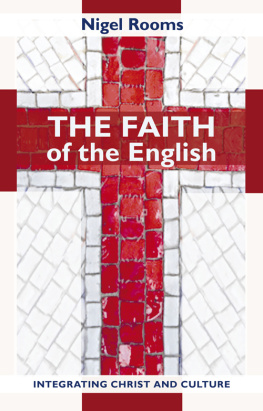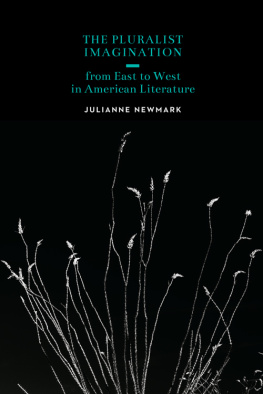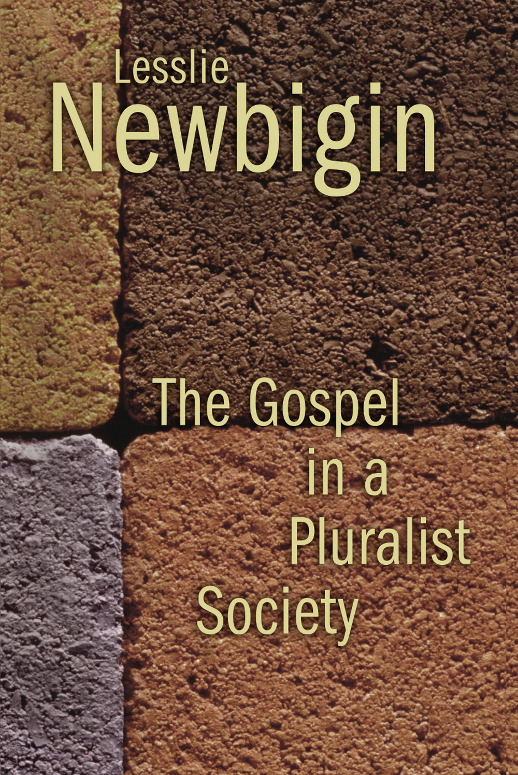
THE GOSPEL IN A PLURALIST SOCIETY
Lesslie Newbigin
WILLIAM B. EERDMANS PUBLISHING COMPANY
GRAND RAPIDS, MICHIGAN / CAMBRIDGE, U.K.
1989 Wm. B. Eerdmans Publishing Co.
2140 Oak Industrial Drive N.E., Grand Rapids, Michigan 49505 /
P.O. Box 163, Cambridge CB3 9PU U.K.
All rights reserved
Library of Congress Cataloging-in-Publication Data
Newbigin, Lesslie.
The Gospel in a pluralist society / Lesslie Newbigin.
p. cm.
ISBN 978-0-8028-0426-6 (pbk.: alk. paper); 978-1-4674-1950-5 (epub); 978-1-4674-0225-5 (Kindle)
1. Christianity and culture. 2. Christianity 20th century.
3. Apologetics 20th century. I. Title.
BR115.C8N468 1989
261 dc20 89-35973
CIP
Contents
The witness of the church has always taken place within a pluralistic milieu. During recent years, however, new perceptions of this milieu have emerged, and pluralism is fast assuming the character of an ideology. Hence the need to understand afresh the nature and role of the churchs mission in todays pluralistic world.
Lesslie Newbigins book is an important contribution to the ongoing search within the ecumenical movement for an authentic expression of the meaning of the gospel and the mission of the church in the midst of a plurality of cultures and religions. Newbigin identifies the danger of relativism evident in a good deal of current discussion. He rejects the dichotomy between the world of facts and the world of values. He regrets the consequent attitude of timidity or of anxiety on the part of Christians, especially in the West. The Gospel in a Pluralist Society is a call to renewed confidence in the gospel of Jesus Christ. It is an attempt to see how as Christians we can more confidently affirm our faith in the kind of intellectual climate in which we find ourselves.
Newbigin has the courage to take up a position and the conviction to defend it against what sometimes appear to be impossible odds. What he has to say and says with refreshing clarity comes out of his background of long pastoral experience, missionary commitment, ecumenical vision, and unwavering confidence in the gospel.
There is no dearth of books dealing with the status of the Christian faith and the task of the church in a pluralistic context. Many of them are written for academic audiences. Newbigin addresses a much wider readership. At several points he suggests how Christian people may respond in practical ways to the issues raised by our pluralistic situation. Such suggestions are consistently grounded in a particular understanding of the biblical testimony and the Christian heritage, but they raise the discussion to a level that has rarely been reached by books on this crucial theme. Thanks to Newbigin, we can look forward to discussions of pluralism and interfaith dialogue at congregational levels where they do not normally happen.
In the early chapters Newbigin analyzes the roots of the present crisis of Christian confidence. Much of what he says in these chapters, set within a theoretical and epistemological framework heavily influenced by Michael Polanyi, has a clear Western orientation and may well prove to be controversial. Nevertheless, it opens up issues in a new way, and provides a fresh frame of reference within which key missiological motifs can be fruitfully raised and pursued.
It is possible that not all readers will be satisfied with the measure of integration between the epistemological insights and the theological formulations that follow. One may also sense a certain tension between the perspectival and the story character of the gospel and the absolute claims that are made for the gospel. But here too it is a creative tension. It leads Newbigin to suggest that the Christian story provides us with a set of lenses, not something for us to look at but to look through. If such an approach is consistently followed through, we may overcome the destructive conflict between liberals and fundamentalists within the church. He also points to the need for and the possibility of a dialogue between the Christian story and other stories. And he rightly observes that this calls for a healthy and vigorous participation by Christians in their tradition, with confidence and commitment, in thought and practice.
What Newbigin has to say on the mission of the church confirms and strengthens many of the ecumenical affirmations on mission and evangelism. The central role of congregations in mission and the urgent need to equip ministers whose primary task will be the enabling of grass-roots participation in mission are powerfully articulated in the book. Describing the congregation as the hermeneutic of the gospel, Newbigin underlines the nature and purpose of the renewed communities of Gods people. At a time when many churches are looking for ways of developing missionary congregations, the positive suggestions given here will be of immense help.
The discussion on the gospel in a pluralistic society must and will continue. Newbigins valuable contribution to it will provoke those who take the pluralistic context seriously to face equally seriously the pertinent, foundational theological issues. It will challenge those who are tempted to opt for forms of relativism. Nothing less than the transformation of mind that Newbigin calls for can give us the kind of confidence in the gospel so indispensable for the life of our churches and the work of the ecumenical movement.
Christopher Duraisingh
Director, WCC Commission
on World Missions and Evangelism
What follows is in substance a series of lectures which I gave in Glasgow University as Alexander Robertson Lecturer for the year 1988. I am very grateful to Professor George Newlands and his colleagues in the Divinity Faculty both for the honor they did me by extending the invitation, and for the great kindness they showed my wife and me during our stay in Glasgow. I am also grateful to the students who attended the lectures and stimulated my thinking by their vigorous participation in discussion in smaller groups.
I can make no claim either to originality or to scholarship. I am a pastor and preacher, trying to make available to my fellow pastors and others such thinking as I have gleaned in my very unsystematic reading bearing on the topic I am trying to address. A scholarly work would contain references to all the relevant literature and evidence that the writer had taken account of all the various arguments. To have dignified my text with a proper apparatus of footnotes would have been to pretend to a kind of scholarship which I do not possess. It is better, in this foreword, simply to acknowledge some very massive debts to writers from whom I have borrowed without always acknowledging the fact. Throughout the work, and especially in the first five chapters, I have relied heavily on the work of Michael Polanyi, especially his Personal Knowledge (1958). At many points I have been indebted to Alasdair MacIntyre, especially his book Whose Justice? Which Rationality? (1988). In I have drawn ideas from Walter Winks Naming the Powers (1984) and Unmasking the Powers (1986).
Like all people who have used the English language I have until recently been accustomed to using the masculine pronoun inclusively to refer to both halves of the human family. That this is, for valid reasons, no longer acceptable to many readers poses a problem for the writer. To use both pronouns (he or she) at every point can make sentences intolerably convoluted. I have therefore used both he and she inclusively and I hope impartially. I hope that this will not expose me to any serious charge of moral delinquency.
Next page
